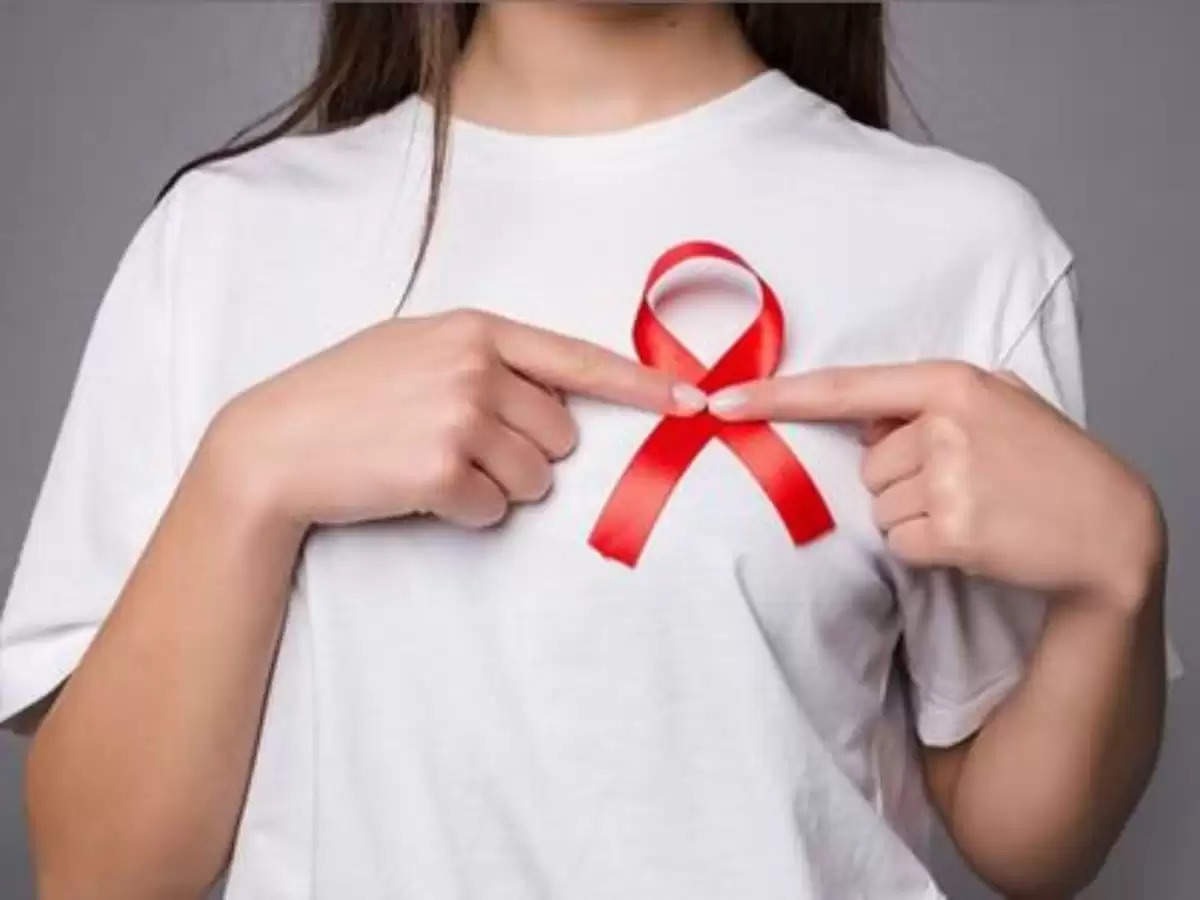
Breast cancer is one of the leading cancers in women. Every woman should be aware of her breast cancer risk factors. Many factors such as age, genetics and lifestyle affect the risk of breast cancer
Breast cancer is a major cancer in women. Many factors such as age, genetics and lifestyle affect the risk of breast cancer. Recently, TV actress Heena Khana has been diagnosed with breast cancer, after which everyone's interest in this topic has once again been aroused. Every woman should be aware of her risk of breast cancer and take measures to reduce it. One such question that often comes to the mind of women is whether having more children can increase the risk of breast cancer. Dr. Ritika Harjani Hinduja shared her views on this subject.
In an interview with Hindustan Times, Dr Ritika Harjani Hinduja, oncologist at PD Hinduja Hospital, explained that breast cancer risk is linked to exposure to hormones (oestrogen and progesterone) produced by a woman's ovaries. She said reproductive factors (such as increasing the duration or level of exposure to ovarian hormones, which stimulate cell growth) are associated with an increased risk of breast cancer. Early onset of menstruation, late onset of menopause and other factors also expose breast tissue to high levels of hormones for a longer period of time, such as late pregnancy and never being pregnant.
Pregnancy and breastfeeding
Pregnancy and breastfeeding reduce the number of menstrual cycles a woman has and thus her cumulative exposure to endogenous hormones, which is associated with a reduced risk of breast cancer. The effect of pregnancy and breastfeeding on a woman's body is that they induce breast cells to differentiate or mature so that they can effectively produce milk. These cells are more resistant to cancer.
age of pregnancy,
The age at first birth and the number of children born are associated with breast cancer risk. Pregnancy may increase a woman's risk of cancer in the short term, while it may reduce cancer risk in the long term. Women who have their first child at a young age are less likely to develop breast cancer than women who choose to become pregnant later or who do not have children.
genetic damage to cells
Breast cells grow rapidly during pregnancy. Therefore, any genetic damage that occurs to breast cells during pregnancy is replicated as they grow. This rapid replication of genetic damage can also lead to breast cancer.
Hormone receptor-positive breast cancer
Sometimes giving birth multiple times can lead to abnormal growth of hormone-negative cells and a more aggressive type of hormone-negative cancer. This story explains the complex relationship between breast cancer and reproduction. It is important to know your risk factors for breast cancer and get regular check-ups from your doctor.
 look news india
look news india